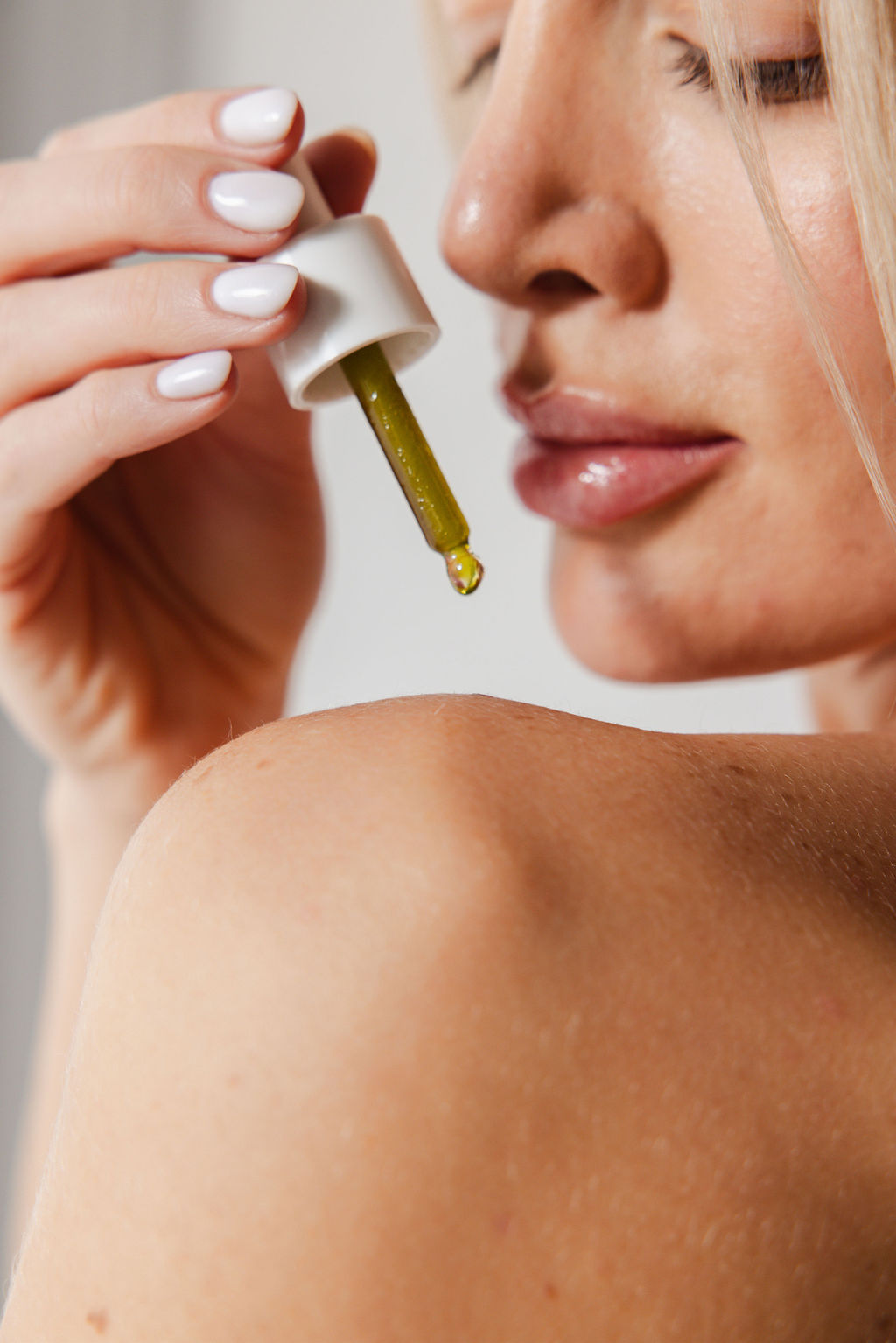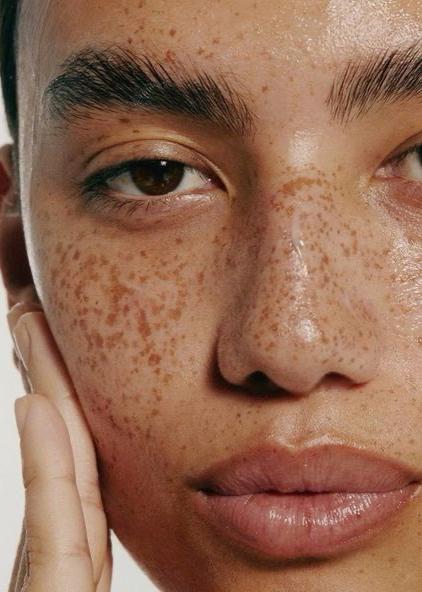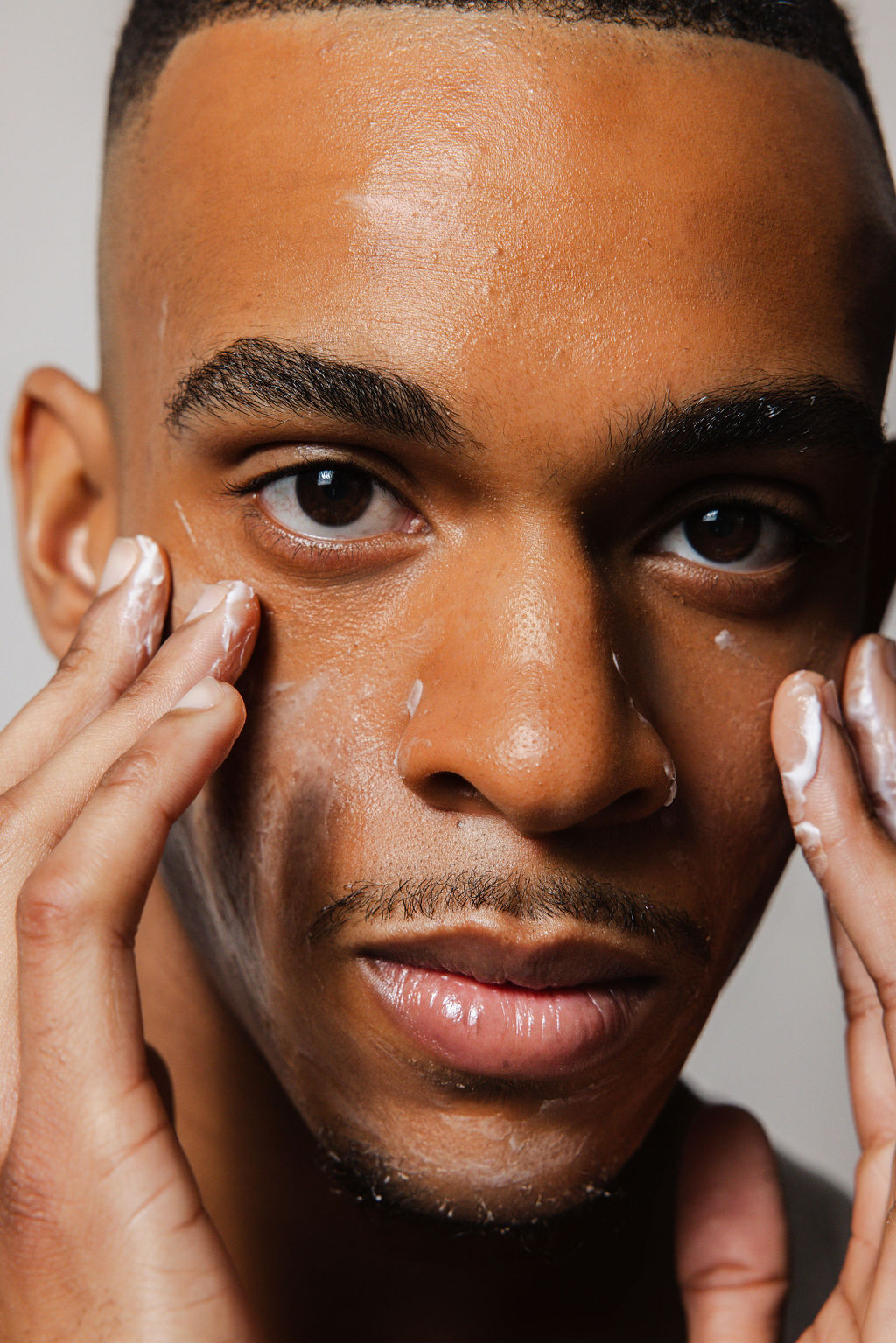Which Does Your Skin Need?
Confused about the difference between moisturization and hydration? You’re not alone! Here’s what you need to know about both, including how to determine which your skin needs.
What is Hydration?
In skincare, hydration is all about the water in the skin. Hydrating topical products are formulated with humectants (such as hyaluronic acid and glycerin) that replenish water content by attracting water molecules to the skin and locking them in. This promotes a plump, smooth complexion.
What is Moisturization?
While hydration relates to replenishing water levels, moisturization has to do with locking in that moisture for soft, comfortable, and healthy skin. Moisturizing creates a protective barrier that works as a seal to prevent transepidermal water loss (TEWL), a process where water escapes the skin and evaporates into the air. Beyond that, moisturization also fortifies the skin’s barrier to ensure it functions optimally and is best able to defend the skin against aggressors.
Hydration vs. Moisturization: Identifying What Your Skin Needs
As you might have guessed, our skin needs both hydration and moisturization. The two processes work in tandem to maintain a radiant complexion and healthy, strong skin. That said, depending on your skin type (as well as your skin’s unique needs), your complexion may require a bit more support in one area over the other.
Hydrating and Moisturizing for Different Skin Types
While everyone should include hydration and moisturization in their routine, here are a few key things to consider based on your skin type:
Other Factors to Consider
Beyond skin type, there are other factors (both internal and external) that can influence whether your skin needs more hydration or moisture support.
For example, skin conditions like psoriasis and eczema can lead to excess dryness. In these cases, a consistent moisturization routine can play a part in minimizing these symptoms for more comfortable skin.
Meanwhile, there are environmental factors that can contribute to dehydration. This includes low humidity levels, UV exposure, and extreme temperatures. Giving your skin (and lips, which can be especially affected by these factors!) an extra dose of hydration can help counteract the effects of these aggressors.
References:
Purnamawati S, Indrastuti N, Danarti R, Saefudin T. The Role of Moisturizers in Addressing Various Kinds of Dermatitis: A Review. Clin Med Res. 2017 Dec;15(3-4):75-87. doi: 10.3121/cmr.2017.1363. Epub 2017 Dec 11. PMID: 29229630; PMCID: PMC5849435.
Mojumdar EH, Pham QD, Topgaard D, Sparr E. Skin hydration: interplay between molecular dynamics, structure and water uptake in the stratum corneum. Sci Rep. 2017 Nov 16;7(1):15712. doi: 10.1038/s41598-017-15921-5. PMID: 29146971; PMCID: PMC5691061.
Read more

Hydrated skin and healthy skin go hand-in-hand. Let’s talk through everything you need to know about skin hydration, as well as actionable steps you can take to maintain hydration levels for a radi...

Want to unlock dewy, glowy skin? The secret is hydration. Here are the absolute best hydrating ingredients to add to your skincare routine. The Most Effective Hydrating Skincare Ingredients Supe...



Leave a comment
This site is protected by hCaptcha and the hCaptcha Privacy Policy and Terms of Service apply.